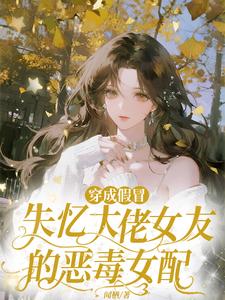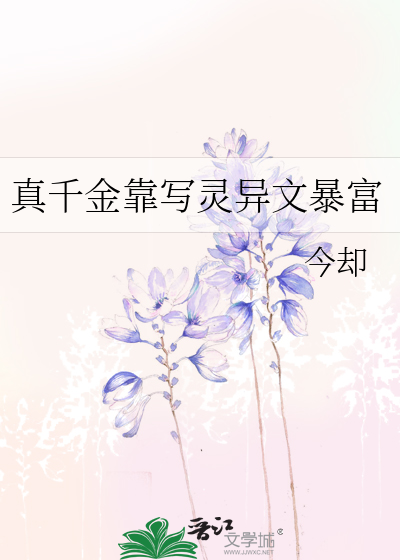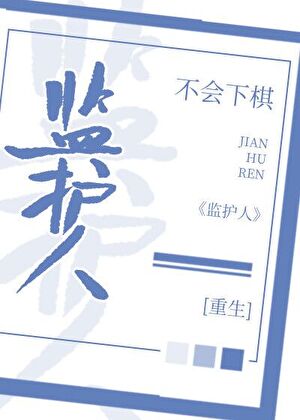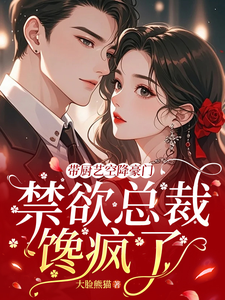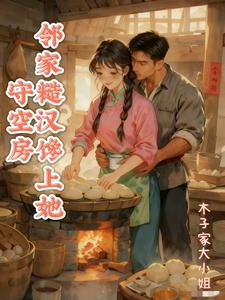Logically speaking, getting such a great opportunity would call for celebration, or at least a joyful expression.
Yet she exuded an air of lifelessness, as if no emotion from the outside world could reach her.
The man beside her was from their village—Third Wu. Song Nianchu didn’t like him much and had no idea when he had gotten married.
Third Wu spread his arms and embraced the woman.
But Song Nianchu clearly noticed the woman trembling slightly.
This was definitely not how a normal married couple behaved. A proper couple should act like the pair earlier—
the man excited, the woman bashful.
"Alright, now that the draw is over, ten more of you come with me to clean up the village office. We’ll start work this afternoon." Wu Zhenggui, oblivious to the small incident, raised his voice and called out.
He picked a few strong young men and led them to the village office.
The husband of the woman who drew the last marked stick wasn’t chosen, and Song Nianchu saw her visibly relax again.
Under Wu Zhenggui’s lead, the group tidied up the village office.
They cleared weeds and trash from the yard, thoroughly cleaned the rooms inside, and even patched up the dilapidated roof.
By the time they finished, the once-shabby village office looked much neater.
"Alright, you can all go back to work now." Seeing there was no more heavy labor left, Wu Zhenggui dismissed the men.
Now, only he, Song Nianchu, and the five selected women remained in the yard.
"Nianchu, I’ll leave this to you. I have other matters to attend to." Wu Zhenggui turned to Song Nianchu.
"Got it." She nodded.
As soon as Wu Zhenggui left, Hua grabbed Song Nianchu’s arm.
"Nianchu, I had no idea you were this capable!"
"I just got lucky." Song Nianchu smiled.
"So, what do we do now?" Hua asked.
"We need to build a few stoves. Can you manage that?" Song Nianchu asked.
With such a large quantity to handle, one stove wouldn’t be enough.
"What’s so hard about that? I built the stove in my own house," Aunt Wu chimed in.
"Good. Then, Aunt Wu, you lead the others in building three stoves—bigger and taller than the ones we usually use." Song Nianchu explained the specifications in detail.
"Understood." Aunt Wu nodded and rallied the others to get to work.
Meanwhile, Song Nianchu surveyed the village office, planning how to divide the workspace later.
"Nianchu, thank you." Hua suddenly appeared beside her while she was deep in thought.
"Hmm?" Song Nianchu turned to her in confusion.
"My father-in-law told me it was you who asked for me. Otherwise, I might not have been picked in the draw." Hua looked at her gratefully.
"It’s nothing. You took care of me before, so of course I’d return the favor." Song Nianchu spoke softly.
During the half-year she was bedridden after arriving here, Hua had brought her meals regularly.
"You’re a good person." Hua’s eyes softened.
Song Nianchu didn’t think she was particularly virtuous—she had her own motives.
Otherwise, she wouldn’t have hesitated for so long after recovering.
If not for the recent death in the village, she might never have made up her mind.
"By the way, Hua-jie, that woman over there looks unfamiliar. Is she a new bride in our village?" Song Nianchu suddenly remembered something and pointed at the frail figure outside the yard.
"New bride? That’s Comrade Meng!" Hua followed her gaze.
"Comrade Meng? Meng Yingying?" Song Nianchu was stunned.
"Yes." Hua nodded.
Song Nianchu stared in disbelief at the hollow-eyed woman across the way.
She knew of Meng Yingying—a sent-down youth who had arrived in their village two years ago.
But she remembered her as quite pretty and well-mannered. How had she ended up like this?
There was no trace of her former self left.
"Earlier in the square, I saw Third Wu acting intimate with her. What’s their relationship now?" Song Nianchu asked.
"What else could it be? Meng Yingying is Third Wu’s wife now." Hua sighed.
"That can’t be. Third Wu is the worst scoundrel in the village—lazy, good-for-nothing, always stealing or slacking off. How could Comrade Meng ever agree to marry him?" Song Nianchu couldn’t believe it.
Hua glanced around to make sure no one was listening, then leaned in and whispered,
"I don’t know the details, but word is she did it to survive—to get enough to eat."
"That’s probably just Third Wu’s own rumor. If Comrade Meng really wanted to marry, she’d have suitors lining up. Why would she ever choose him?" Song Nianchu refused to accept it.
"We all know it sounds fishy, but what can we do? If Comrade Meng won’t speak up, no one can help her." As a woman, Hua pitied Meng Yingying deeply.
Song Nianchu fell silent.
Because of her strength, she usually worked alongside the village men, while the women mostly wove nets and fishing gear. They rarely crossed paths.
Plus, living alone, she wasn’t one for gossip. This was the first she’d heard of Meng Yingying’s situation.
"I’ve heard life with Third Wu hasn’t been kind to her. The neighbors often hear shouting and beatings. Now that she’s been picked to work with you, maybe Third Wu will ease up a little, seeing the full work points she’ll earn. In a way, you’ve helped her." Hua patted Song Nianchu’s arm gently.
These were turbulent times. Many city youths were sent down to the countryside—young men and women who’d never done farm work before.
Most suffered terribly; some didn’t survive.
The villagers weren’t heartless, but with every household struggling to feed themselves, few had the means to help others.
Some female sent-down youths, desperate to live, married local men.
Mismatched as they seemed, at least they survived.
Such things had become commonplace. Hua could only offer a few words of comfort.
Song Nianchu murmured an acknowledgment but said nothing more.
...
Aunt Wu and the others, though women, worked just as hard as any man.
In less than two hours, they had the first stove built.
"Nianchu, come see if this stove meets your needs." Aunt Wu called out.
